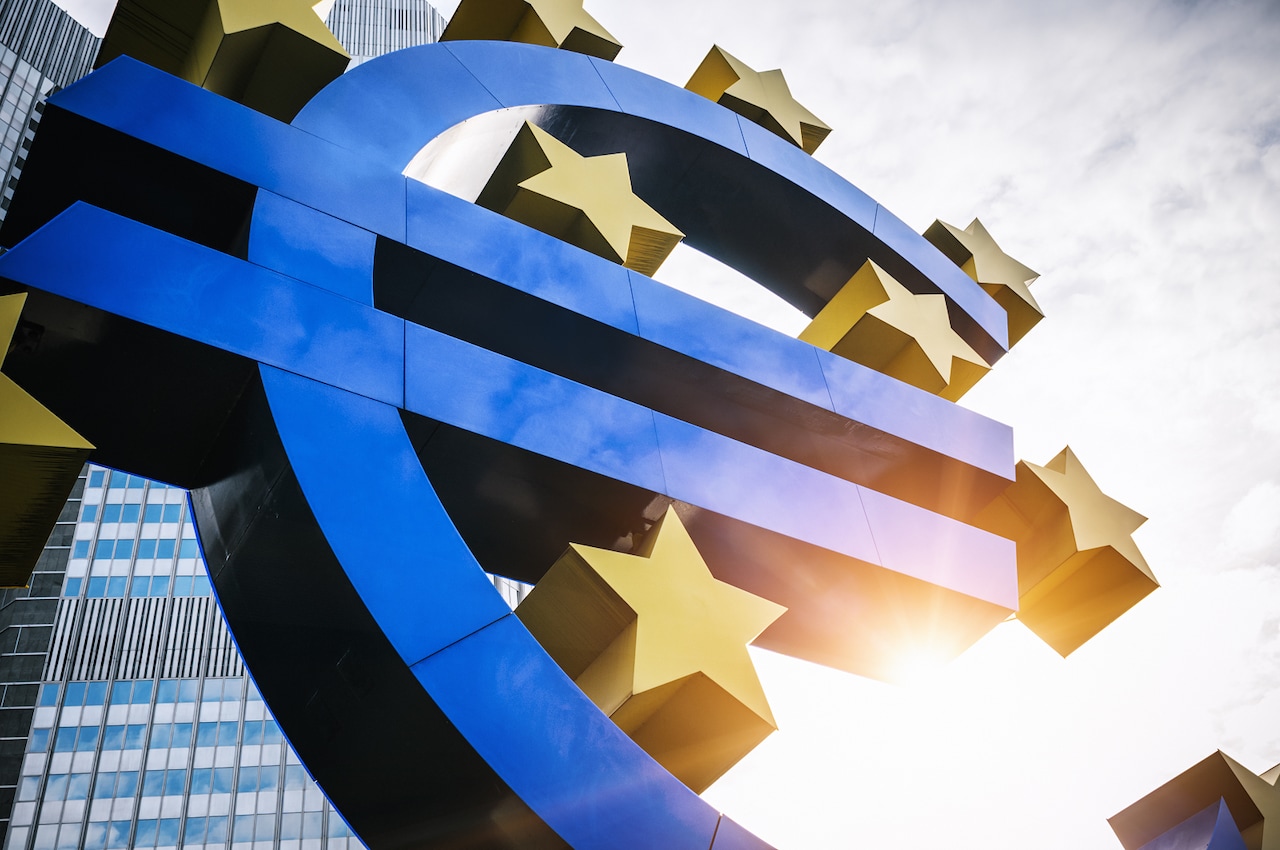
Checklist for Financial Institutions
Below you can find a checklist that contains actions and requirements for financial institutions to comply with EMIR.
What actions need to be taken?
1. Comply with general EMIR Terms
Rabobank has adhered to the 2013 ISDA EMIR Protocol for Portfolio Reconciliation, Dispute Resolution and Disclosure (the “Protocol”). In order to establish compliance with EMIR regulations between Rabobank and yourselves, we ask you to adhere to the protocol as well or bilaterally agree to the protocol language.
In case you would like to agree on bilateral EMIR Terms with Rabobank, please send an e-mail to emir.documentation@rabobank.nl.
2. Disclosure Agreement
The Protocol also includes some provisions regarding disclosure consent in respect of EMIR i.e. it allows Rabobank (and the counterparty) to report trades required by EMIR to trade repositories with access to the regulators without breaking confidentiality and bank secrecy restrictions thanks to a disclosure consent language.
An alternative solution (preferred Rabobank solution) is to adhere to the 2013 ISDA Reporting Protocol or agree bilaterally the provisions of the ISDA Reporting Agreement (available via emir.documentation@rabobank.nl) to ensure for the same scope as mentioned above but not only for EMIR but also other relevant non-EEA regulations (such as Dodd Frank Act).
Note that it is possible that under specific jurisdictions, some additional requirements may apply to organise the consent for disclosure.
3. Clearing
Should you be subject to the clearing obligation under EMIR and Rabobank acts as executing broker, we kindly ask you to sign the ISDA FIA Europe Cleared Derivatives Execution Agreement (Rabobank version with Annex can be obtained via emir.documentation@rabobank.nl) to enable Rabobank to continue doing business with you and fulfill the clearing obligation.
4. Have Legal Entity Identifier (LEI)
The LEI (Legal Entity Identifier) is a globally acknowledged code which will make it possible for regulators to identify different counterparties for a transaction globally. You need a LEI to comply with reporting obligations under EMIR. Please note that Rabobank no longer allows new trades with counterparties without a LEI code.
5. Agree on UTI generation
Please visit the Q&A section for more information. Also please note that Rabobank no longer allows new trades with counterparties with which we do not have an agreement on UTI generation.
6. Client Reporting Service Agreement (if applicable)
All EEA derivatives market participants (FCs and NFCs and exempted entities) are subject to the reporting obligation, irrespective of who is on the other side of the trade. In case you would like to delegate your reporting obligation to Rabobank for OTC derivatives transactions entered into with Rabobank, please follow the link below to the reporting agreement.
Non-EEA market participants are not subject to the reporting obligation. However, as the EEA counterparty needs to comply with the reporting obligation, EEA entities are obliged to disclose information regarding non-EEA counterparties when transacting with them.
For any further questions with regard to reporting, please contact: transactionreporting@rabobank.com.
7. Regional requirements
Please note that non-EEA entities may have to comply with additional regional requirements.
